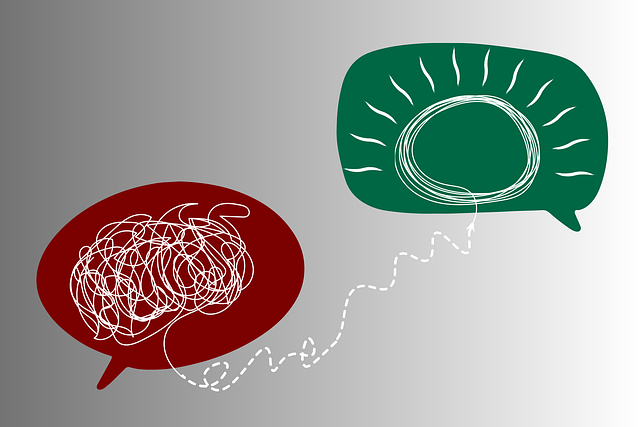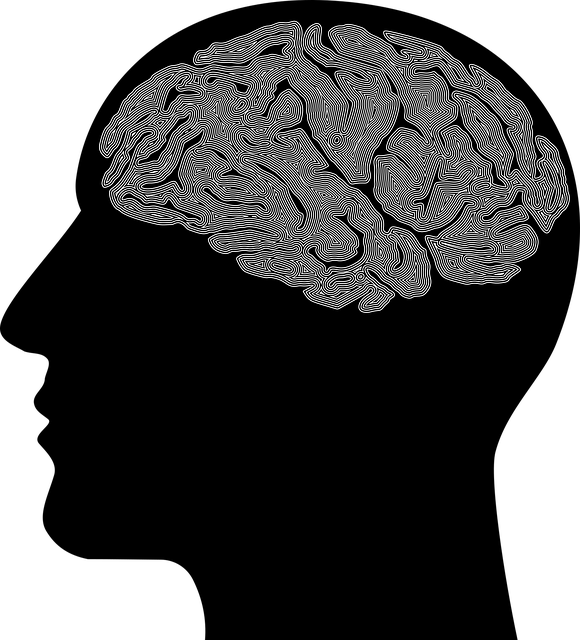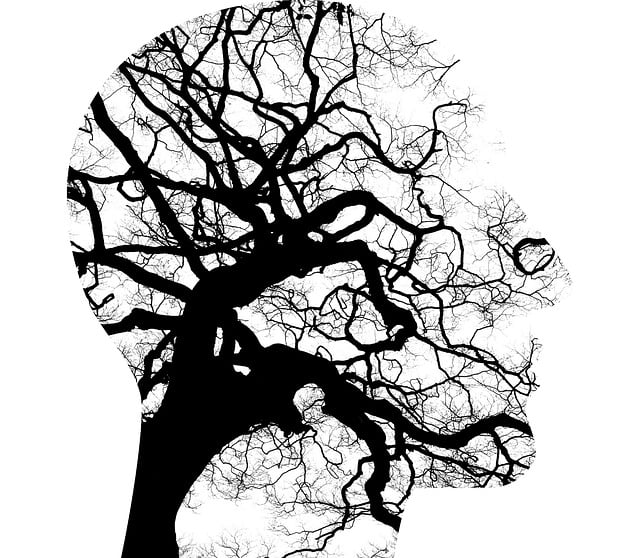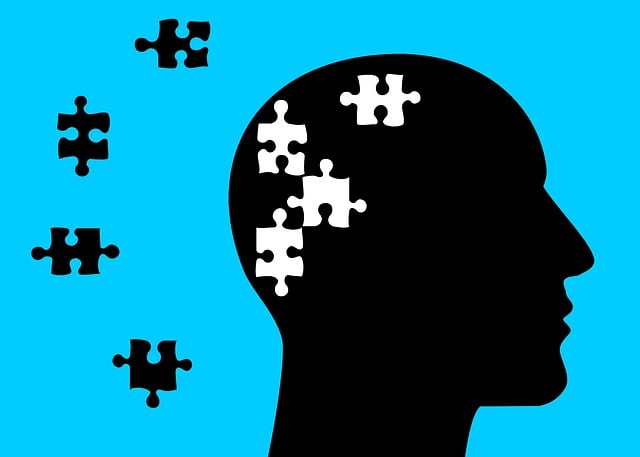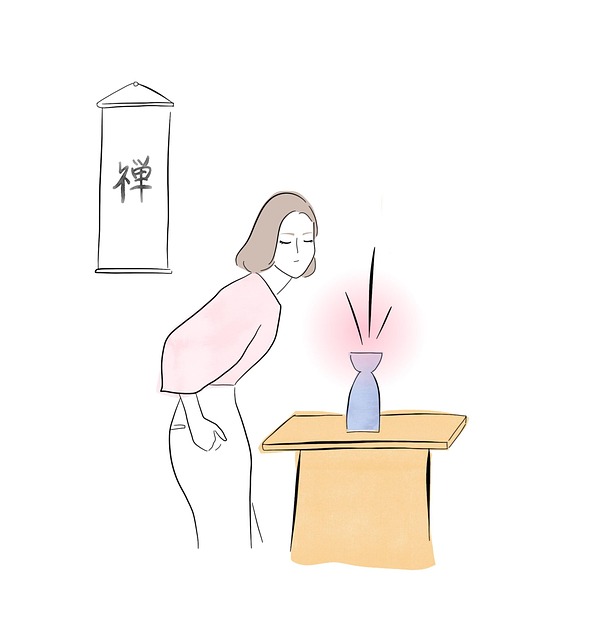Aurora Somatic Experiencing (ASET) Therapy is an innovative, body-mind approach to stress management and trauma healing, merging physical sensations with emotional well-being. This method, coupled with cultural sensitivity in mental healthcare, offers tailored support for diverse backgrounds, promoting effective self-care and stress reduction practices. ASET combines touch techniques, awareness exercises, journaling, and trauma support to release traumatic memories and build resilience. Incorporating such therapies into daily routines enhances emotional wellness, boosts self-awareness, and strengthens coping abilities, contributing to long-term mental health improvement.
Coping skills development is a vital process for navigating life’s challenges and fostering resilience. This article guides you through understanding coping skills, their significance in mental well-being, and how techniques like Aurora Somatic Experiencing Therapy can revolutionize your approach to stress management. We’ll explore practical methods to enhance your coping arsenal and offer strategies for seamlessly integrating these skills into daily life for lasting resilience.
- Understanding Coping Skills and Their Significance
- The Role of Aurora Somatic Experiencing Therapy in Skill Development
- Techniques to Enhance Your Coping Arsenal
- Integrating Coping Skills into Daily Life for Long-Lasting Resilience
Understanding Coping Skills and Their Significance

Coping skills are the psychological strategies we use to navigate life’s challenges and maintain mental well-being. They play a pivotal role in our ability to manage stress, regulate emotions, and overcome difficult situations. Effective coping mechanisms enable individuals to adapt and thrive despite adversity, fostering resilience and overall life satisfaction.
Aurora Somatic Experiencing Therapy (SE) is a unique approach that recognizes the profound connection between physical and emotional states. This therapy highlights the importance of bodily sensations and responses in understanding and managing stress. By integrating SE techniques, individuals can develop a deeper awareness of their bodies’ cues, leading to improved coping strategies. Combining this with cultural sensitivity in mental healthcare practice ensures tailored support, considering diverse backgrounds and perspectives, which is crucial for effective self-care practices and stress reduction methods.
The Role of Aurora Somatic Experiencing Therapy in Skill Development

Aurora Somatic Experiencing Therapy (ASET) is a revolutionary approach that plays a significant role in coping skills development. This therapy focuses on connecting the mind and body, addressing emotional and physical symptoms resulting from trauma or stressful events. By utilizing specific touch techniques and guided awareness exercises, ASET helps individuals access and release stored traumatic memories and associated sensations. This process facilitates a profound sense of calming and resilience, empowering people to develop effective coping strategies.
Incorporating ASET into one’s mental wellness routine can enhance the benefits of journaling exercises and guidance from trauma support services. The therapy encourages individuals to explore their emotional responses and physical feelings, providing valuable insights for self-reflection and personal growth. Moreover, by fostering a deeper understanding of one’s body’s language, ASET contributes to building confidence and enhancing overall well-being, making it an invaluable tool in the journey towards achieving and maintaining mental wellness.
Techniques to Enhance Your Coping Arsenal

In the journey towards better emotional well-being promotion techniques, exploring various coping skills can significantly aid individuals in managing stress and overcoming challenges. One effective approach is incorporating Aurora Somatic Experiencing Therapy (ASET) into one’s self-care practices. ASET focuses on facilitating deep relaxation and enhancing body awareness, allowing individuals to release stored traumatic memories or intense emotions. Through guided exercises, this therapy enables people to develop a stronger connection with their bodies, fostering a sense of calm and resilience.
Additionally, integrating regular Self-Care Practices into daily routines is pivotal in Mental Illness Stigma Reduction Efforts. Simple yet powerful techniques like mindfulness meditation, deep breathing exercises, and journaling can provide immediate relief from anxiety and depression. These practices not only offer short-term stress management but also contribute to long-term emotional resilience. By prioritizing self-care, individuals can better navigate life’s complexities and cultivate a positive outlook, thereby improving their overall mental health.
Integrating Coping Skills into Daily Life for Long-Lasting Resilience

Integrating coping skills into daily life is essential for fostering long-lasting resilience, enabling individuals to navigate life’s challenges with greater ease. This process involves a multifaceted approach that goes beyond mere knowledge acquisition. Techniques like those employed in Aurora Somatic Experiencing Therapy (SE) play a pivotal role by helping individuals reconnect with their bodies and emotions, thereby enhancing self-awareness and coping mechanisms.
By incorporating practices such as mindfulness, stress management, and emotional regulation into a consistent self-care routine, individuals can significantly improve their mental wellness. This includes integrating these skills into everyday activities, whether it’s taking a few moments to breathe deeply during work breaks or engaging in regular physical activity for stress reduction. Such proactive measures, supported by robust Mental Health Policy Analysis and Advocacy, can lead to profound improvements in overall mental health and resilience over time.
Coping skills development through methods like Aurora Somatic Experiencing Therapy is a powerful tool for fostering resilience. By integrating these techniques into daily life, individuals can navigate stress and adversity more effectively. The benefits extend beyond mere survival, enhancing overall well-being and enabling folks to thrive in the face of life’s challenges. Remember that continuous practice and patience are key to unlocking the full potential of these coping skills.
